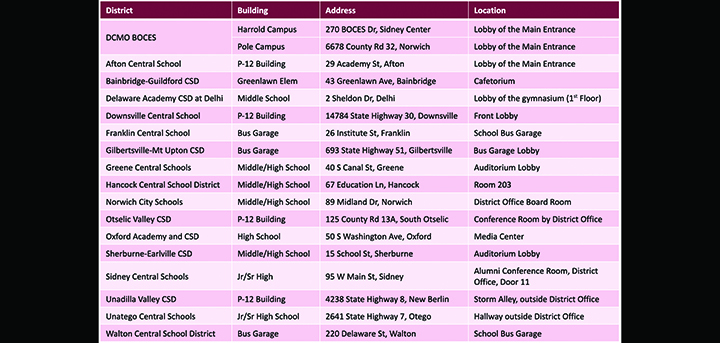Comfort and joy, not gloom and doom
The Bush Administration, backed by allies in Israel and Europe, is trying hard to spread an unwelcome message: Don’t take the good news about Iran seriously.
They make a compelling case, but a lot of folks don’t want to listen, not at holiday time, not when a weary and dispirited Washington has so much bad news on its plate. Even Republicans can’t wait for Bush to leave town. America’s costly commitment to Iraq seems endless. The housing market is tanking. Congress is useless. Lots of tunnels, not much light.
So the reaction was hardly surprising when a National Intelligence Estimate (NIE) expressed “high confidence” that Iran had halted its nuclear-weapons program in 2003. Finally, a small star in a dark sky! Tidings of comfort and joy!
“I think it relaxes everybody,” says Ray Takeyh, the Iranian expert at the Council on Foreign Relations. The NIE “essentially removes the possibility” of military action against Iran. It also means “less support” for a U.N. resolution to beef up sanctions against Tehran. “International solidarity (has) largely dissipated,” Takeyh concludes.
Even Defense Secretary Robert Gates concedes, “The estimate clearly has come at an awkward time. ... It has confused a lot of people around the world in terms of what we’re trying to accomplish.”







Comments